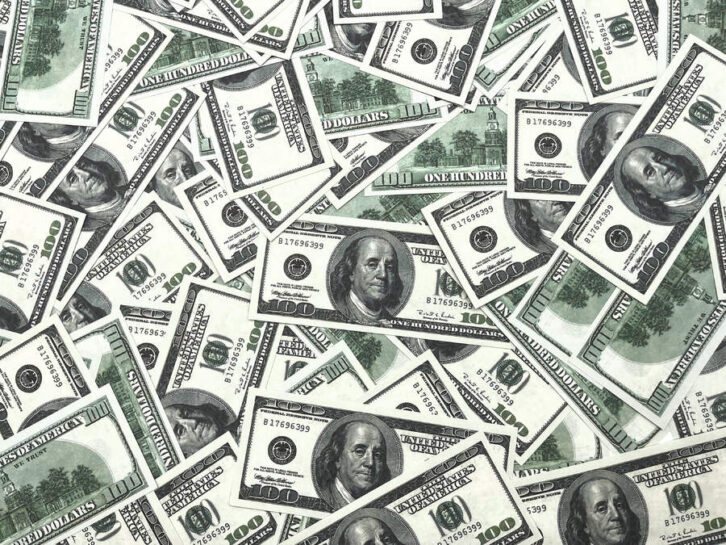“Due to the nature of this sort of slide-scale tariff, there are opportunities that weren’t there before,” analyst Alice Enders tells TVBeurope.
Last night, US President Donald Trump announced his intention to introduce 10% tariffs on all imports in the UK and 20% to goods from Europe.
This decision has been described as the biggest change in global trade in 100 years.
The introduction of tariffs could be the latest blow to the global media and entertainment industry, which is in the process of recovering from the Hollywood strike two years ago.

Analyst Alice Enders has been studying what Trump describes as a “paradigm shift” in US policy since taking office in January. “It all relates to the idea of closing the US current account deficit for goods. Tariffs do not apply to services,” she says. TVBeurope.
The biggest impact of tariffs is on British manufacturers who manufacture products that are not available in the US. So, for example, if NBC chooses to purchase cameras, microphones, switchers, etc. from UK or European technology vendors, those items will be included in customs duties.
“Let’s say NBC is looking at cameras made in the UK and cameras made in the EU. Now, all of a sudden, the UK has a 10% advantage over the EU,” explains Enders. “Due to the nature of this type of slide-scale tariff, there are opportunities that were not previously present.”
Enders said, “Because of this dense commercial and economic relationship with the United States, he does not expect to retaliate and introduce tariffs on goods from the United States.
“Even the EU, which was considering retaliation for steel and aluminum, is being restrained. It’s just increasing tariffs, so there’s no consensus to retaliate against the EU.”


